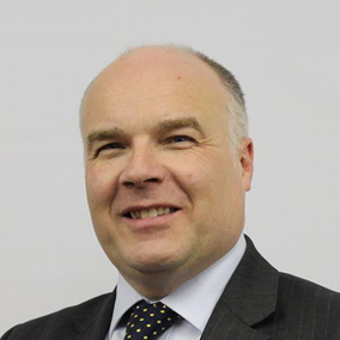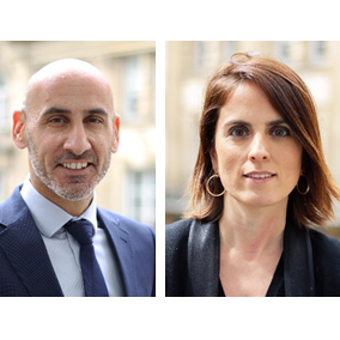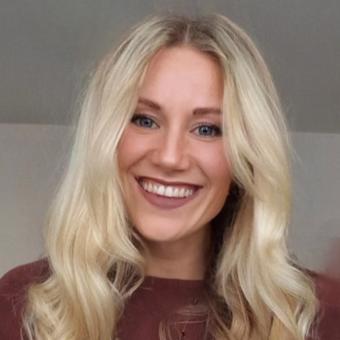“Life is a String of Changes Which You Will Do Well to Embrace” says Gergana Avramova - assistant general counsel at AppSense.
Gergana, can you tell the readers of The Brief how you started out in the legal profession?
Going into training with Allen & Overy back in 2006, I thought that if I wanted to practice internationally, which I did after qualifying as a Bulgarian lawyer first in 2001 and having felt the restraints of national borders already, I had no choice but to become a banking lawyer. With this in mind, I did three different banking seats during my training which I found reasonably enjoyable. However, when I did a seat in the firm’s commercial department, I soon realised that this type of work was much more to my liking. This prompted my decision to plunge into general commercial/IT/IP legal practice. Some more senior lawyers encouraged me at the time to follow my heart - for which I am deeply thankful now - and also my research suggested that this area of law also had good international application.
When did you make the move in-house?
I went in-house shortly after my qualification. I joined the European transactional legal team of SITA which is a sizeable (even though not huge) IT & communications specialist operating in the air transport industry.
How did it differ from your previous roles in private practice?
One of the first differences I noticed compared to private practice in the City was that it was perfectly normal for the lawyers to leave just after 5:30pm – provided they did not have anything urgent to deal with that day. So, generally, there is no stigma if you do not hang around in the office after normal working hours when it is less busy. Of course, that is not to say that in-house lawyers do not work until late or, on occasions (even though rarely), at weekends when they have to. I was pleased to see that the “client first” ethos also prevailed in-house.
Did you notice any other differences?
The other thing which really struck me when I transitioned was that you get a lot less administrative support and are often left to your own devices to arrange things that you would take for granted in private practice. I remember marking up my very first contract and realising that there was no-one to give this to for overnight typing. I found this very odd at first but with time you just get used to it. The key is to get creative about how to increase your speed of work without having secretarial support or a more junior person to delegate to.
How was the transition from SITA to AppSense which is a much smaller software company?
The business had started in 1999, so it was not strictly speaking a start-up any more, but it certainly still exhibited a more informal, hyped and somewhat laddish culture. What struck me at first was that there was a very small number of women in the sales office where I was based; little did I know at the time that a year later I would even be one of only two women there! Also, there were self-made cricket bats lying around in the office, and then a few months later I saw model helicopters being flown in the office and model motor boats sailed in the pond out front. It was a bit embarrassing when I had to ask someone to turn down their music for the first time.... It was deemed a strange request!
It must have been a big culture shock?
It was but I am very used to this working environment and really enjoy it now. I have come to the conclusion that there is no need to be dead serious about your work; fun needs to be had, along-side hard work and dedication.
What’s next?
I cannot imagine what the future might hold for me, but I have no doubt now that life is a string of changes which you will do well to embrace. No matter how much I have disliked a change at first, in hind-sight, it has always proven to be for the better – both in my professional and in my personal life.
http://www.appsense.com/
uk.linkedin.com/pub/gergana-avramova/3/741/243/









